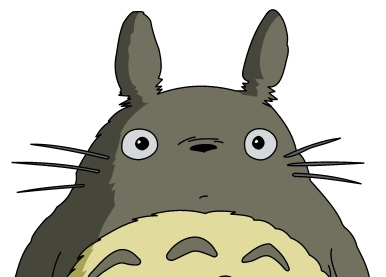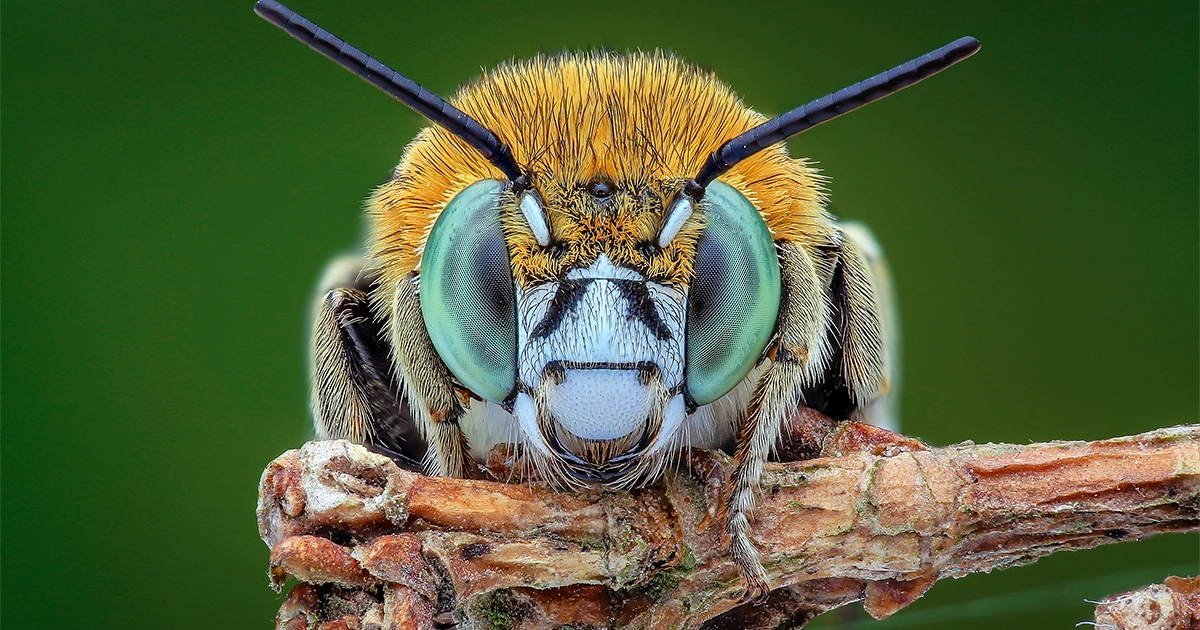An interesting read. “A group of prominent biologists and philosophers announced a new consensus: There’s “a realistic possibility” that insects, octopuses, crustaceans, fish and other overlooked animals experience consciousness.” https://www.quantamagazine.org/insects-and-other-animals-have-consciousness-experts-declare-20240419/
Insects and Other Animals Have Consciousness, Experts Declare | Quanta Magazine
There’s “a realistic possibility” that insects, octopuses, crustaceans, fish and other overlooked animals experience consciousness.
There’s a special place in hell for title writers.
I totally agree with your criticism about the headline, but declaring octopuses have consciousness isn’t a stretch at all in my opinion.
I highly recommend reading my blog post on animal cognition, culture, and personhood.
I have ads turned off and do not benefit in any way from my blog. I feel confident that my write-up should persuade open-minded individuals to give other animals the benefit of the doubt regarding possessing consciousness.
I have doubts about insect consciousness is any sort of relatable sense to humans, but many other animals absolutely possess consciousness similar to humans.
If consciousness is merely defined as being aware of one’s surroundings: I would think that most living things have it.
Has the actual mechanism of consciousness been discovered? Do we know what causes it? Where it comes from? How it is separate from simply reacting to stimuli?
The fundamental mechanism is still unknown, however we do know some important details about consciousness:
- It’s not a simple binary all-or-nothing
- It can change naturally or artificially
- It’s divisible and perhaps even additive
We know this due to a number of phenomena:
- Natural variation in states like awake, alert, groggy, asleep, comatose
- Altered states due to alcohol or drugs (drunk, high, caffeinated, hallucinating, suppressed with anaesthesia)
- Disorders such as Body Identity Dismorphic Disorder (BIID - thinking a major limb doesn’t belong to your body) or Phantom Limb (sensing an limb that isn’t there). Look these up if you’re unfamiliar, they’re fascinating.
Together these and other observations suggest that consciousness is an emergent phenomena (not present in simple organ structures alone) and occurs along a scale, likely proportional to brain size. And just as your daily state can change (between sleep and wakefulness at minimum) it seems a reasonable hypothesis that other creatures experience something similar, though perhaps with a lower maximum awareness in their most alert state.
Also we are familiar with informational structures - thinking machines - with a greater intelligence than their single biological components. For example, an ant hive. Each individual ant is a simple creature, programmed with instructions that allow a hive of ants to manage armies, roads, farms, nurseries, exploration, hunts, and war. Likewise, humans are able to come together and form communities, nations, corporations, and religions. Compound intelligences with a vast, inhuman intelligence.
I believe that if knowledge and awareness create consciousness, then human organisations must be conscious beings.
In other news, human free will was found to be a delusion.
Consciousness obviously, being self aware maybe not
I really don’t understand their examples. Like I get self-recognition and memory but what makes play behaviour, curiosity, anxiety-like states, and problem-solving signs of consciousness? These are at the end of the day organisms responding to stimuli, something all organisms by definition do. Is pain response a sign of consciousness but something like phototaxis isn’t only because the former is ‘complex’ and the latter ‘simple’?





